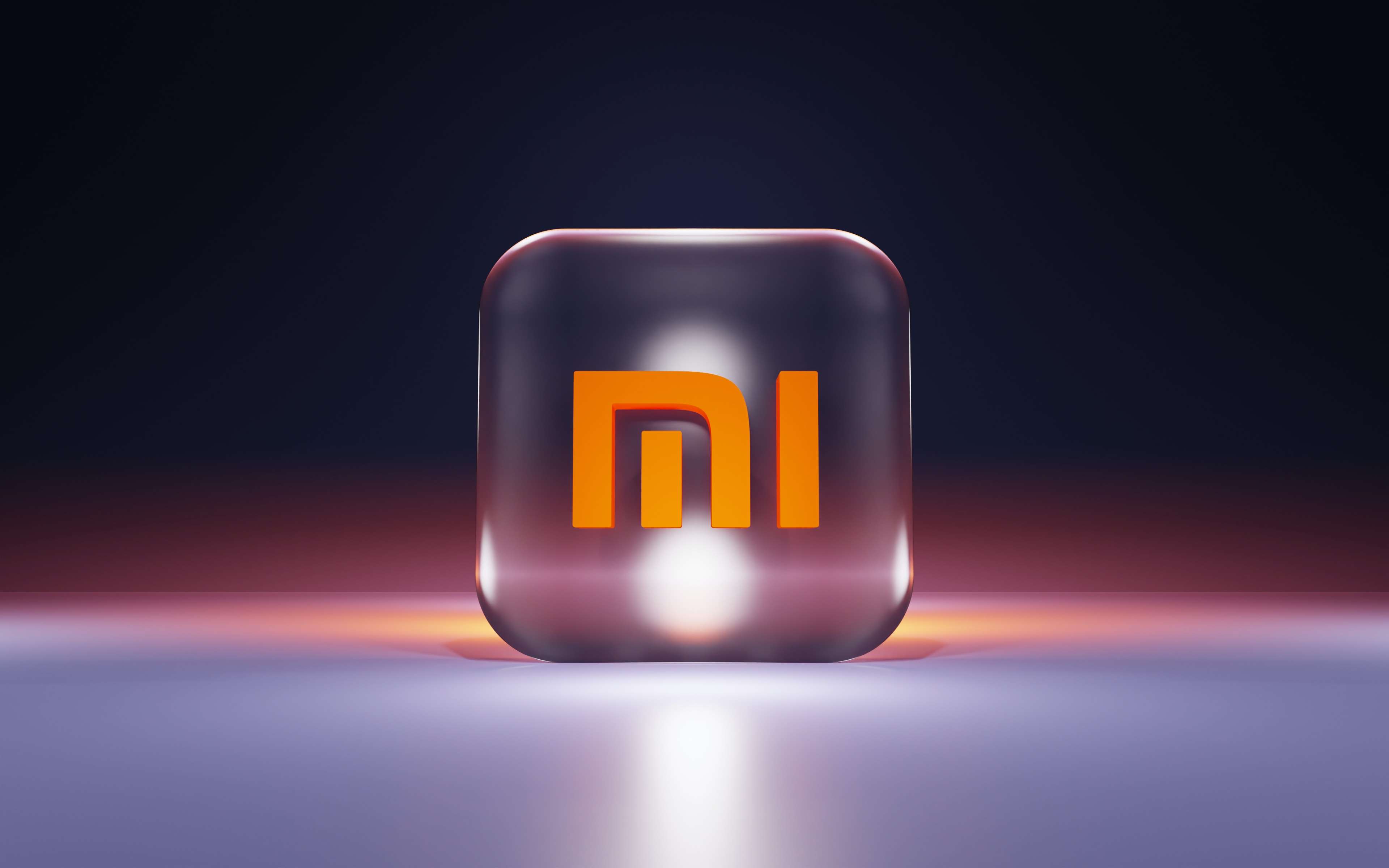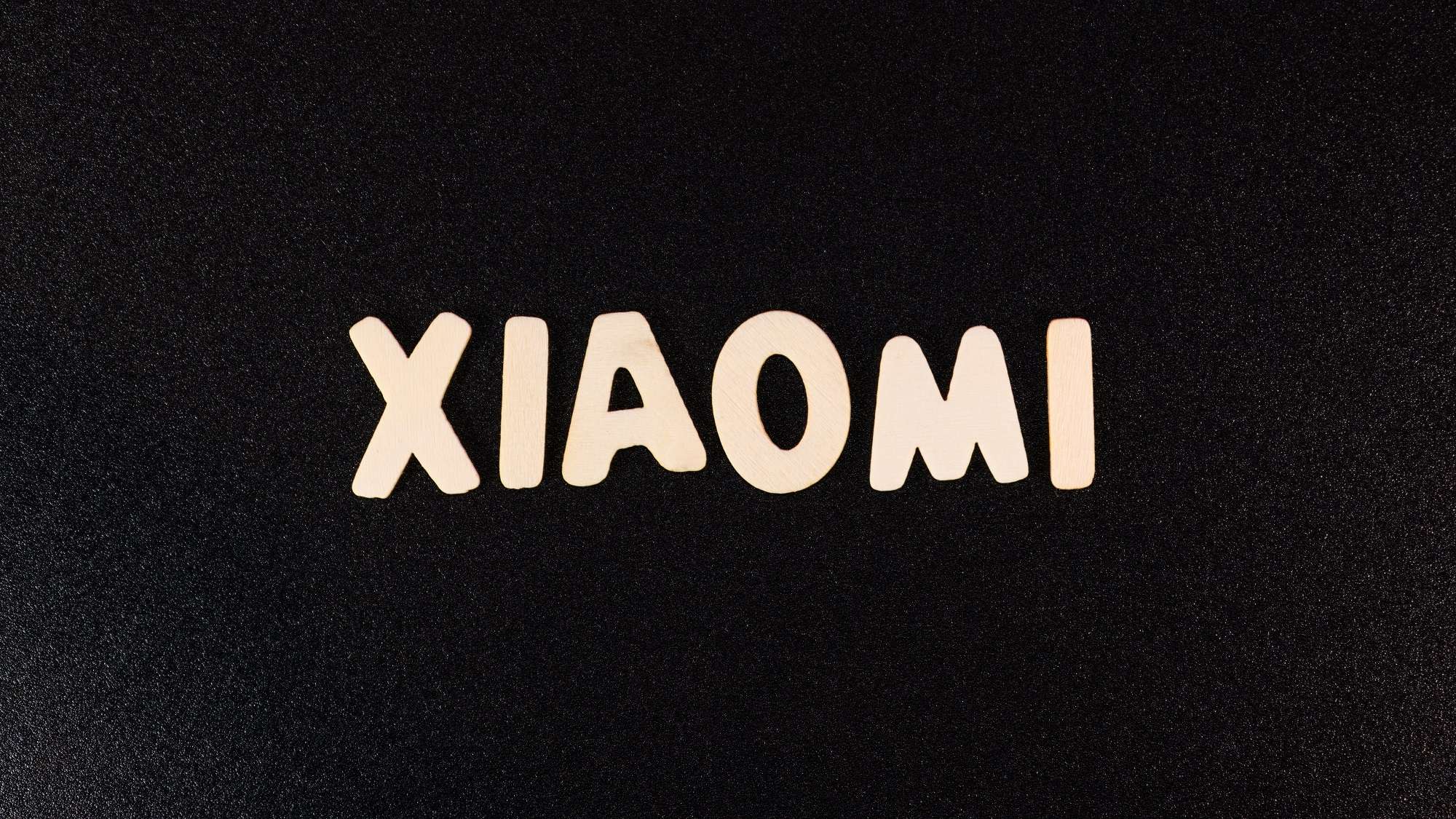- 13 January 2024
- No Comment
- 2708
The Steve Jobs Of China: Xiaomi’s Phenomenal Journey

In the ever-evolving landscape of smartphones, Xiaomi stands tall as the third-largest seller globally, boasting an impressive market share of approximately 12%. While giants like Apple and Samsung lead the pack with market shares of 28.39% and 24.22%, respectively.
Xiaomi’s stuff is all over – you can find it in more than 100 countries! In August 2023, they made it to the Fortune Global 500 list for the fifth time, holding a solid 360th spot.
In November 2023, Xiaomi’s sales on Singles Day hit a crazy $3.11 billion – that’s like a massive shopping spree! HSBC analysts were so impressed; they upped their forecast for how many smartphones Xiaomi would sell in 2024.
In 2021, Xiaomi sent out a whopping 190 million smartphones worldwide – But in 2022, they took it easy, sending out 152 million – still a pretty big deal!
Money-wise, in 2022, Xiaomi made $41.50 billion. Currently, their market cap (basically how much the company is worth) reached a massive $45.92 billion, up by a whopping 33.32% from the previous year. It’s like Xiaomi is becoming a financial superhero!
Xiaomi’s founder, Lei Jun, emerged as a visionary who reshaped the landscape.
While Apple may have kickstarted the smartphone revolution, Xiaomi, under Lei Jun’s leadership, not only embraced the change but rose to unparalleled heights. The brand became synonymous with user-friendliness and affordability, capturing the hearts of users worldwide.
The question then arises: How did Lei Jun transform from a position of owning zero assets to spearheading a multi-billion dollar investment?
Lei Jun’s journey is a testament to resilience, hard work, and an unwavering vision. This is not just a tale of a man; it is an epic narrative of triumph against all odds.
Hi, I’m Nabeel Shaikh, a number guy. Join us as we delve into the incredible saga of Lei Jun and the inception of Xiaomi – a journey that began from the ground up.
Lei Jun: A Journey from Humble Beginnings to Tech Prodigy
In the annals of Lei Jun’s life, 1969 marked the beginning in the bustling city of Xiang Tao, China. His journey, however, was far from easy. Growing up in the shadows of the industrial metropolis of Wuhan, Jun encountered the harsh realities of life.
The aftermath of the Cultural Revolution brought dishonor to the teaching profession, a vocation both his parents embraced. With meager earnings of seven dollars per month, his father, undeterred, supported Lei Jun’s budding interest in electronics.
From an early age, Lei Jun exhibited a keen curiosity for electronics. His childhood was punctuated with instances of dismantling and reassembling radios, a passion that led him to create the first electric lamp in his community.
Armed with two batteries, a bulb, a self-made wooden box, and an assortment of cables, he embarked on a journey of innovation.
Lei Jun’s educational journey led him to Wuhan University in 1987, where he pursued a bachelor’s degree in computer science. His primary goal was clear – to leverage his education in the service of the world.
Fascinated by the work of Steve Jobs, Lei Jun set his sights on launching his own company. With determination burning bright, he aimed to expedite his college completion to devote himself entirely to his entrepreneurial dreams.
The Tech Maverick Emerges
Post-graduation in 1991, Lei Jun wasted no time in making his mark. His admiration for Steve Jobs, the co-founder of Apple, fueled his ambition.
The next chapter in his journey began as he ventured into the professional realm, initially joining the Chinese software powerhouse, Kingsoft, in 1992.
His role as an engineer at Kingsoft showcased not just competence but tenacity. Lei Jun’s rapid rise within the company ranks culminated in his appointment as the CEO.
His leadership acumen and relentless pursuit of excellence positioned him as a force to be reckoned with in the dynamic world of Chinese software business.
Lei Jun’s journey, marked by resilience and an unyielding spirit, laid the foundation for what would become a groundbreaking shift in the smartphone industry.
The Entrepreneurial Odyssey: From IPOs to Smartphone Domination
In 2007, Lei Jun steered the ship of success as he guided his venture towards an Initial Public Offering (IPO) on the prestigious Hong Kong Stock Exchange. This marked a watershed moment, solidifying his imprint on the business landscape.
During his tenure at Kingsoft, Lei Jun’s entrepreneurial spirit soared. In 2000, he founded the online bookstore, joyo.com, which, in 2004, found a new home with a monumental sale to Amazon.com for a staggering 75 million US dollars.
This move not only showcased Jun’s business acumen but also laid the groundwork for future endeavors.
Lei Jun’s strategic foresight came to the fore in the early 2000s when he made significant investments in UC and YY, two flourishing startup companies.
Overseeing a total of 70 investment rounds, Jun exhibited a knack for identifying and nurturing profitable ventures.
From CEO to Chairman: A Journey of Leadership
Lei Jun’s journey at Kingsoft, spanning 16 years as the CEO, was marked by innovation and strategic decision-making. However, concerns for safety prompted his departure from the software giant.
Leaving the CEO position didn’t mark the end, but rather a new beginning. Shortly after, Lei Jun re-entered Kingsoft, this time as the Vice Chairman, contributing his wealth of experience to the company’s leadership.
The Alibaba Connection: UC Web and Vancl.com
Lei Jun’s investments bore fruit as he played a pivotal role in taking UC Web and Vancl.com public. This contributed to Alibaba’s expansive reach, boasting over 500 million active users utilizing the UC web browser.
Lei Jun’s insatiable passion for technology led him to contemplate a foray into the rapidly expanding smartphone market.
Xiaomi’s Meteoric Rise: A $50 Billion Revolution in Less Than a Decade
In 2010, amidst a smartphone industry grappling with consolidation, Lei Jun, former Kingsoft CEO, founded Xiaomi Corporation.
The sector, dominated by titans like Samsung and Apple, witnessed the decline of once-mighty leaders Nokia and BlackBerry.
However, within a mere three years of its establishment, Xiaomi swiftly transformed from an unknown entity to the largest smartphone brand in China by 2013.
The Triumph of MIUI
Xiaomi’s strategy centers around delivering superior quality at competitive prices, offering more features and a refined user interface than Android.
Within the first year of its launch, MIUI gained millions of users, quickly becoming a sensation. In August 2011, Xiaomi made a significant entry into the smartphone arena by releasing its first phone, the Xiaomi Phone, exclusively through online channels. This marked a remarkable achievement for a fledgling business.
MIUI, their proprietary interface, played a pivotal role in differentiating Xiaomi from the competition, earning them a rapidly growing user base of 291.6 million active users.
Recognizing the potential of the smartphone industry, Lei Jun, along with 13 dedicated employees, embarked on a mission to create a business that could compete on an international scale.
Their initial focus was on the smartphone sector, identifying a critical challenge – the gap between expensive high-end phones and cheap, subpar alternatives flooding the market.
Xiaomi’s strategy was revolutionary – produce a smartphone with the same suppliers and components as major brands but at a significantly lower price point.
Rather than immediately manufacturing the phone, they prioritized building a potential customer base, understanding the importance of a robust distribution network.
Strategic Backing and Billionaire Support
The journey of Xiaomi was generously fueled by Hong Kong billionaire Lei Chan, the driving force behind Hang Long Properties. This entity, supporting Morningside Ventures, had long been a consistent investor in Lei Jun’s ventures, adding a crucial layer of financial support to Xiaomi’s ambitious endeavors.
Today, Xiaomi has evolved into a tech giant focusing on smartphones, laptops, mobile apps, accessories, wearables, home appliances, and smart home devices.
However, the journey began with the development of MIUI, Xiaomi’s Android ROM, initially designed by a software company using Google’s Android operating system.
As the success of the MI1 unfolded, the subsequent iterations of Xiaomi’s smartphones featured advanced functions. Over time, MIUI expanded beyond smartphones and became a versatile operating system adapted for use on various devices, supporting both English and Chinese.
By 2014, MIUI was available for download and installation on more than 200 devices.
Global Reach and Market Dominance
In 2012, Xiaomi unveiled the MI2 phone, followed by the MI3 (best MI phone) in 2013. Hugo Barra, former Google Vice President of Product Management for the Android platform, joined Xiaomi in August 2013, focusing on the company’s global expansion.
By the end of 2013, Xiaomi was ranked as the sixth most popular smartphone brand in China, a testament to its rapid ascent.
The company’s success extended beyond China, capturing markets in the UK, Australia, and more with the aid of MOBA City. In 2013, Xiaomi diversified into smart TVs, marking yet another milestone.
2014 witnessed the company’s international expansion, starting with Singapore, and plans to enter the Malaysian market, firmly establishing Xiaomi as the fourth largest mobile phone retailer globally.
Xiaomi’s Global Expansion and Continued Innovation
In 2016, Xiaomi continued its meteoric rise with the unveiling of the MI5 smartphone, showcasing the company’s commitment to cutting-edge technology.
This was a pivotal year, as it marked Xiaomi’s formal entry into the European Union, making its mobile devices accessible to a broader audience.
In September of the same year, Xiaomi solidified its presence in the European market with the launch of the first Mi Store in Athens in 2017.
The move aimed to provide European consumers with direct access to Xiaomi’s innovative products, further strengthening the brand’s global footprint.
Strategic Partnerships for Global Reach
Building on its global ambitions, Xiaomi announced a strategic collaboration with Three Telecommunications in 2018.
This partnership aimed to facilitate the sale of Xiaomi smartphones in the UK, Denmark, Ireland, Austria, and Sweden, opening new avenues for growth in the European market.
MI 9 and E-Commerce Dominance
In mid-2019, Xiaomi introduced the MI9 phone, featuring a fingerprint scanner on its display, showcasing the company’s commitment to innovation.
Xiaomi’s smartphones gained immense popularity, becoming best-selling items on major e-commerce platforms such as Taobao and JD.com.
Navigating Challenges and Reinforcing Strengths
In 2015, Xiaomi faced a significant challenge as upstart companies like Oppo and Vivo temporarily overtook the top spot in sales.
This served as a crucial turning point, prompting Xiaomi to refocus on its core competencies. The emphasis shifted to producing high-quality, innovative technology.
Patent Leadership and Global Presence
Presently, Xiaomi stands among the top five mobile phone manufacturers globally and holds one of the highest numbers of patents on intellectual property among Chinese IT companies.
With a strong presence in China, Malaysia, India, the Philippines, and Brazil, Xiaomi has become a global technology powerhouse.
Financial Landscape and Investor Confidence
The company has invested in 20 startups and aspires to support the expansion of over 100 businesses. Renowned investors such as Ratan Tata, DST Global, Qualcomm Ventures, and Temasek Holdings have shown confidence in Xiaomi, contributing to the $45 billion raised in six investment rounds.
Xiaomi’s history is a testament to its relentless pursuit of excellence and innovation. From navigating challenges to achieving global dominance, Xiaomi continues to captivate the tech world.




